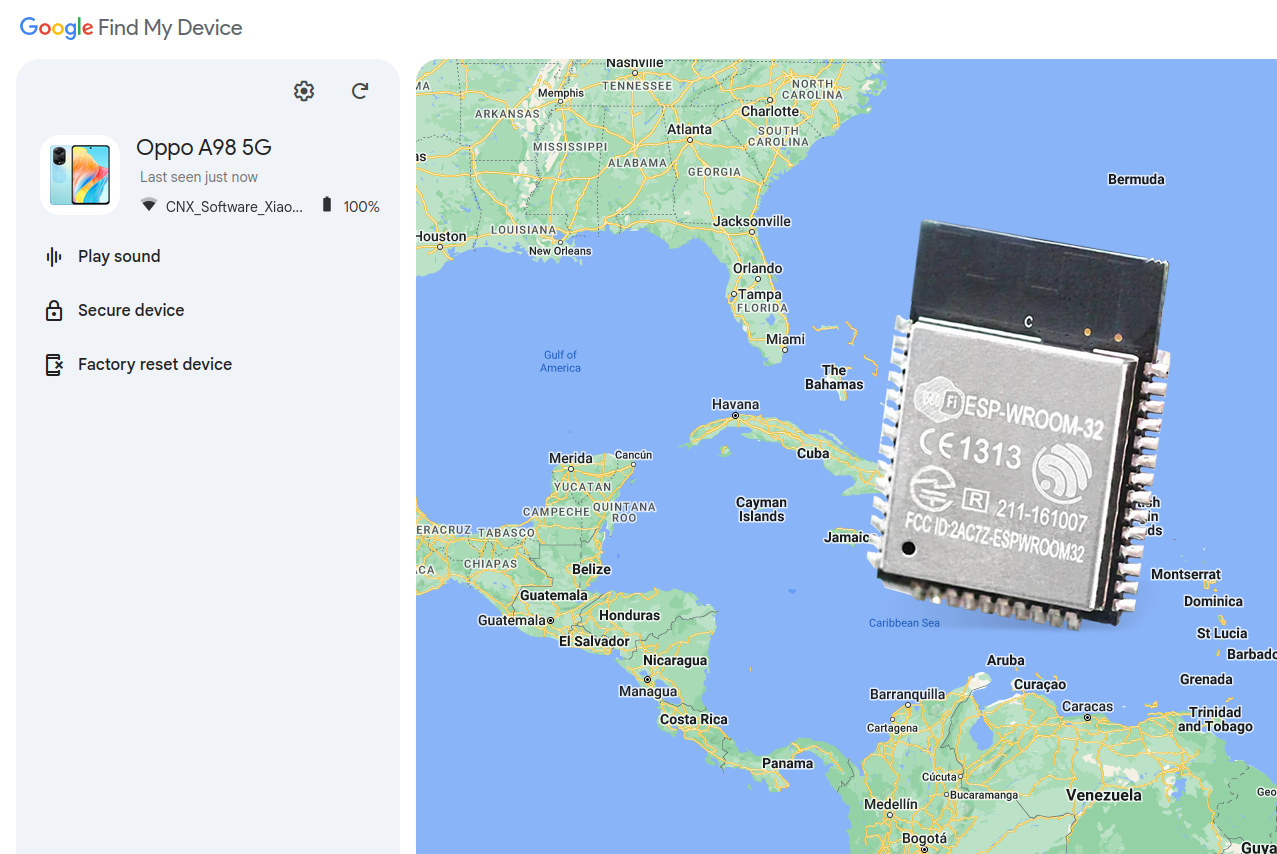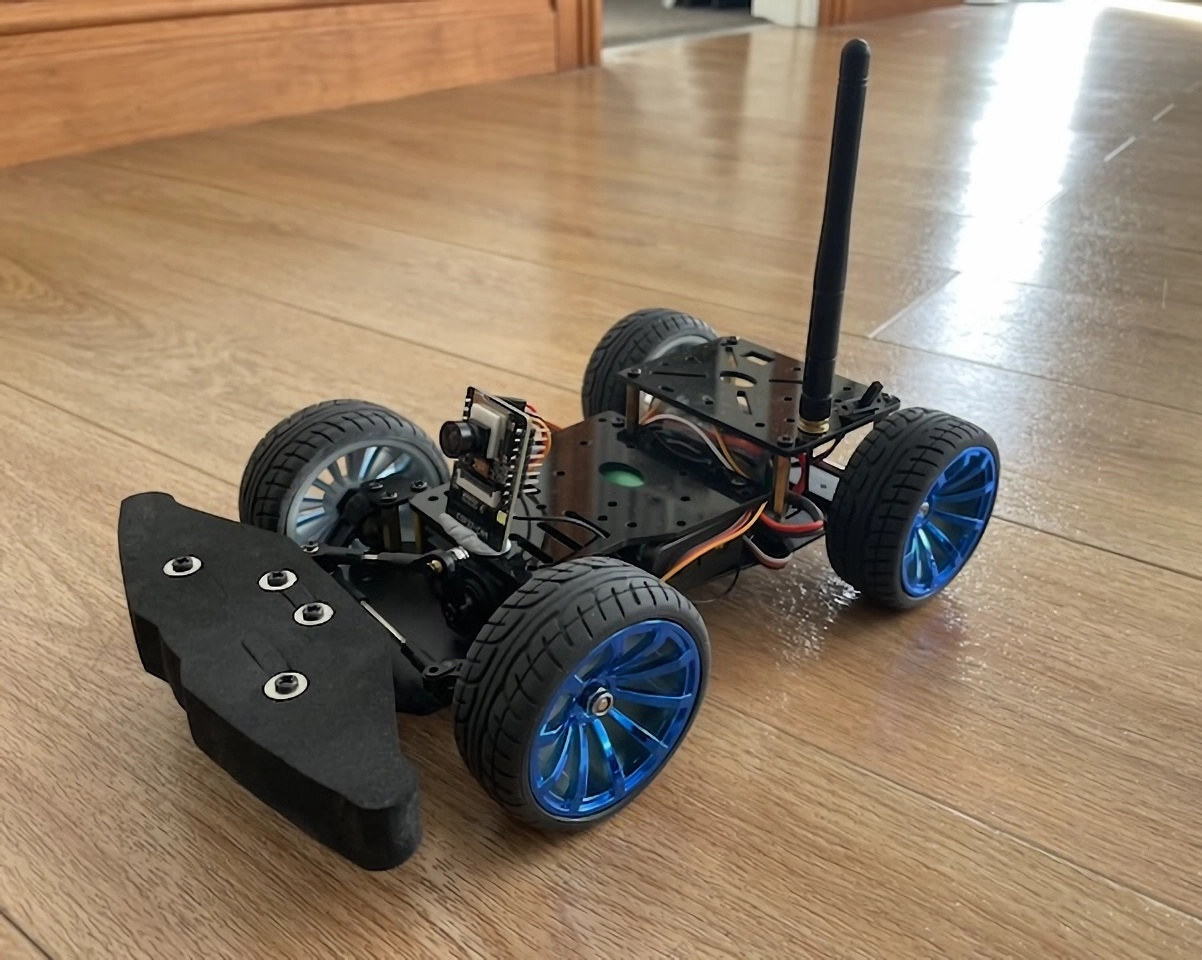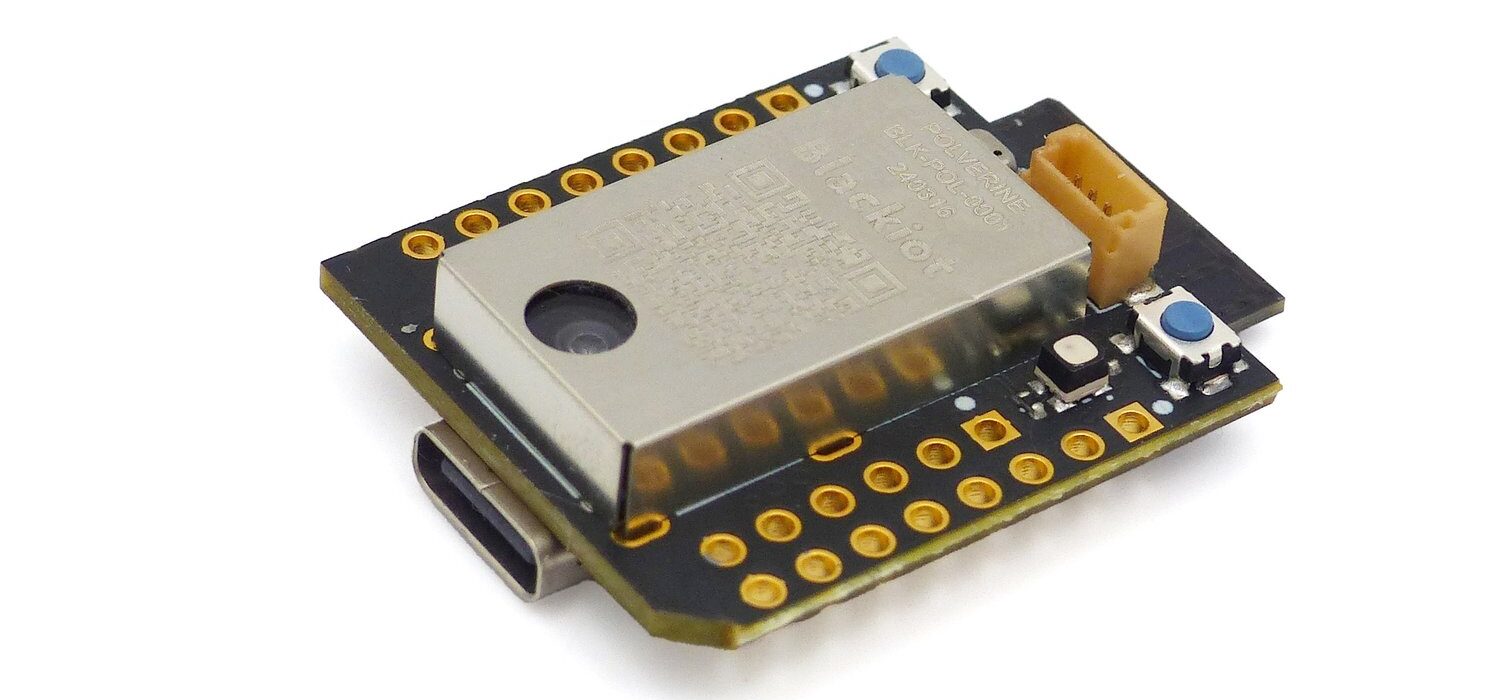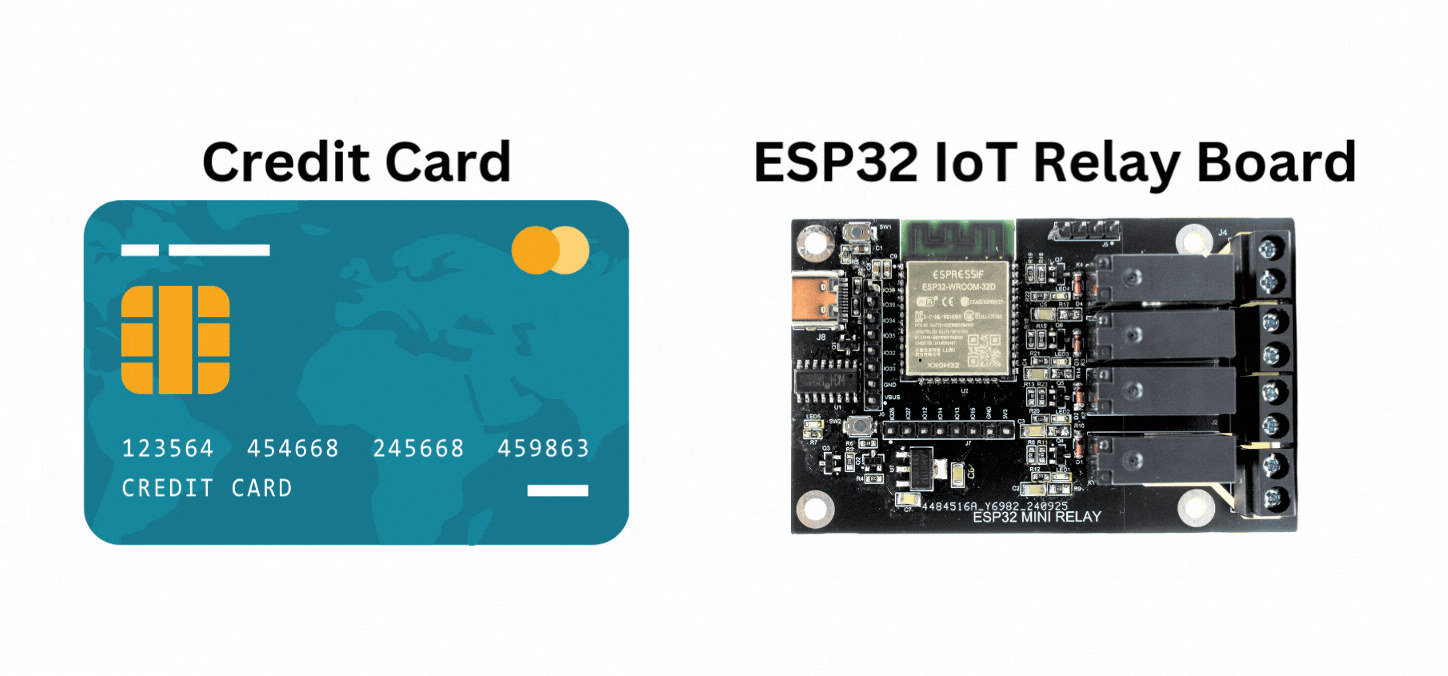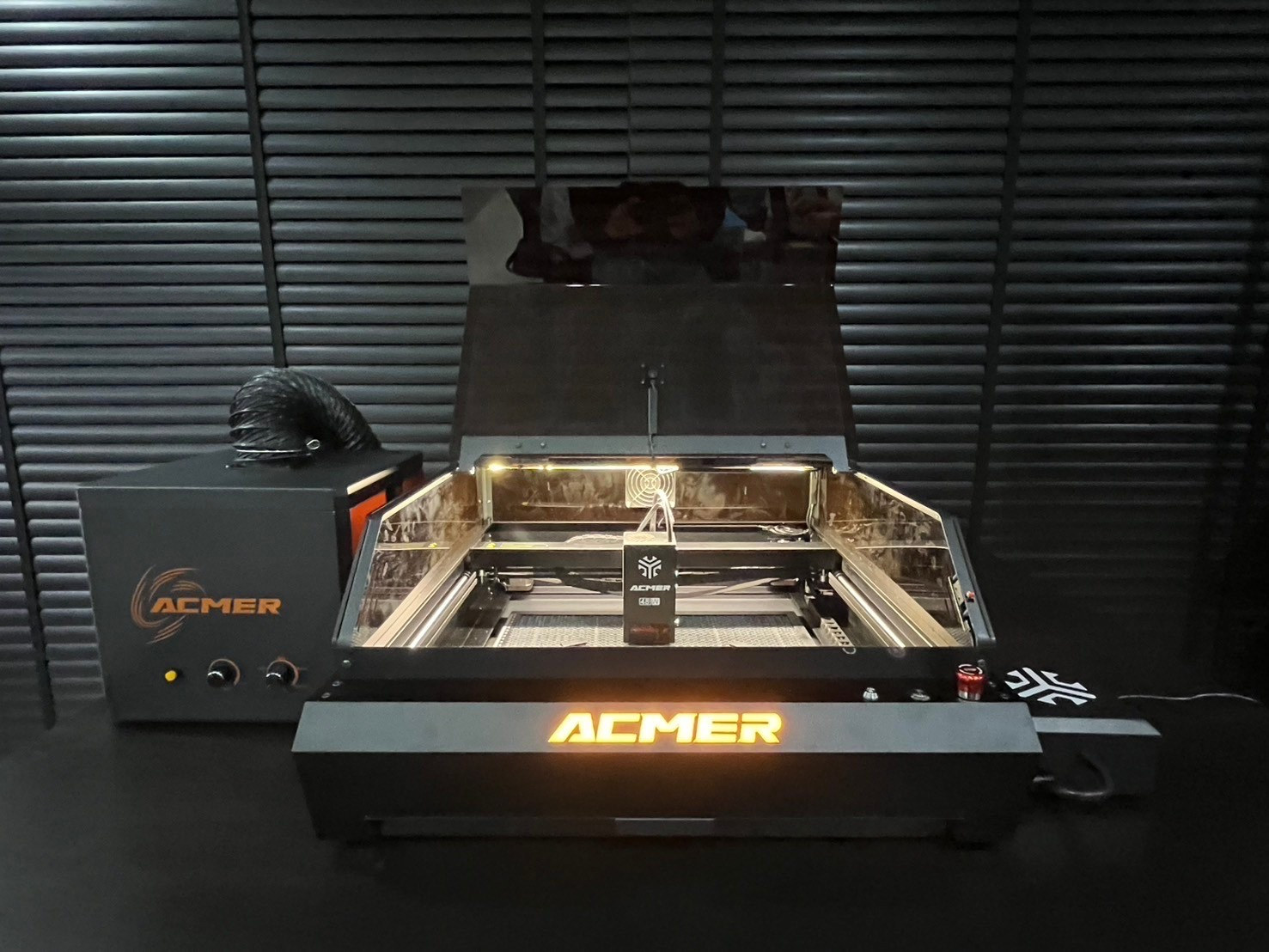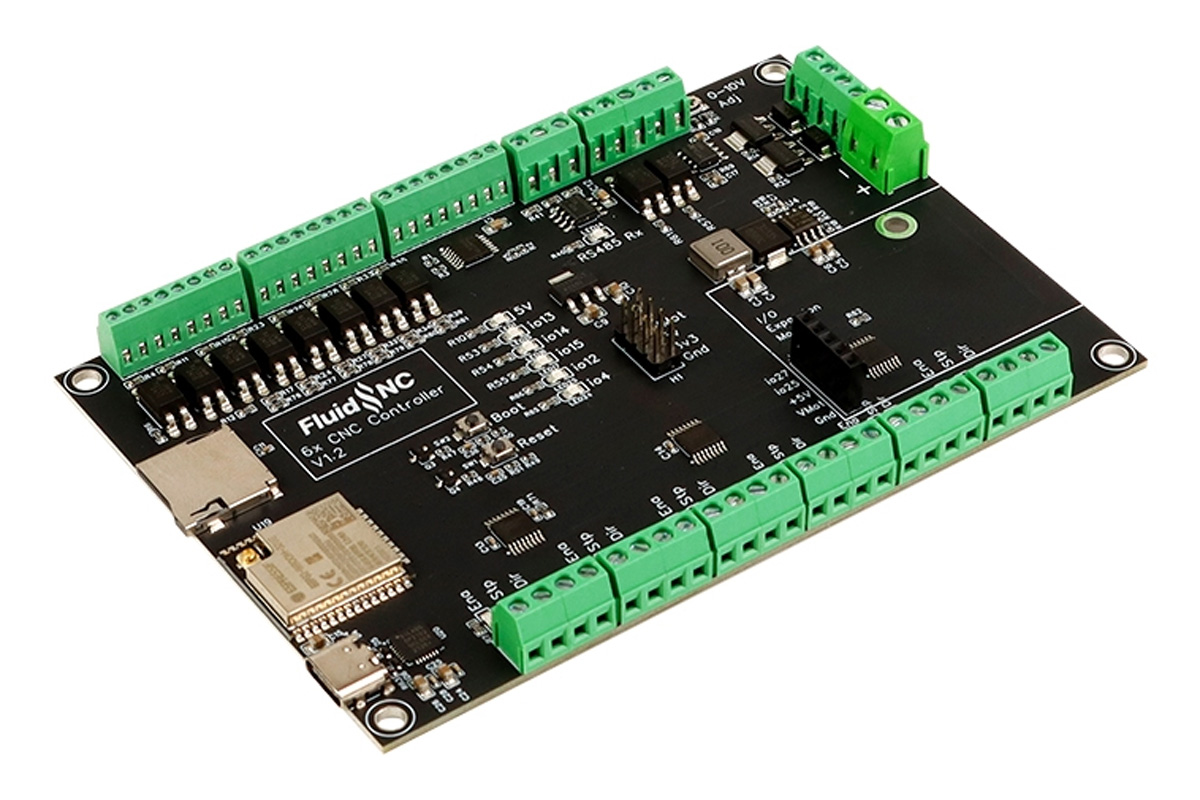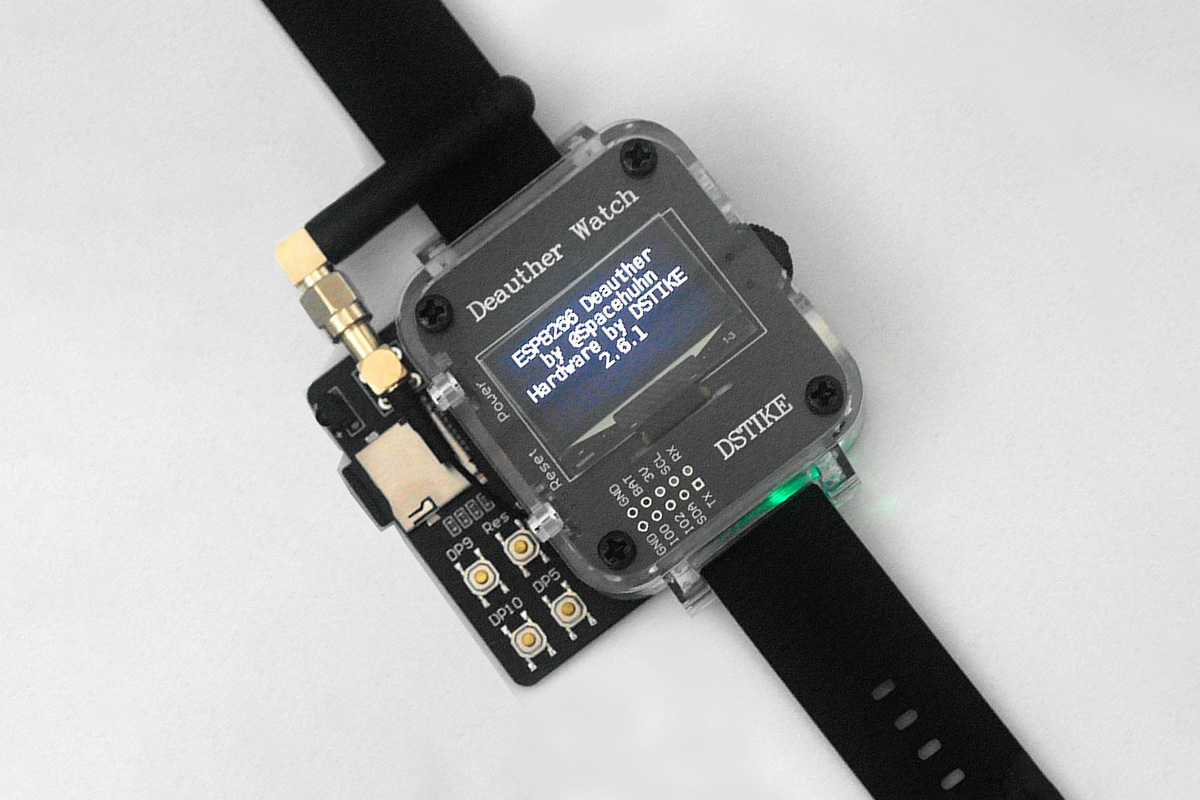Leon Böttger’s GoogleFindMyTools is a re-implementation of Google’s Find My Device network. It works with Android devices and commercial trackers, but experimental support for ESP32-based trackers has recently been added.
The implementation features two components. First, the main.py Python script that will list and locate devices, and then the ESP32 firmware implemented in C with the ESP-IDF. The host computer will also need several Python libraries that can be installed with “pip install -r requirements.txt” and Google Chrome web browser.
This is the output of the Python script on my Ubuntu laptop:


